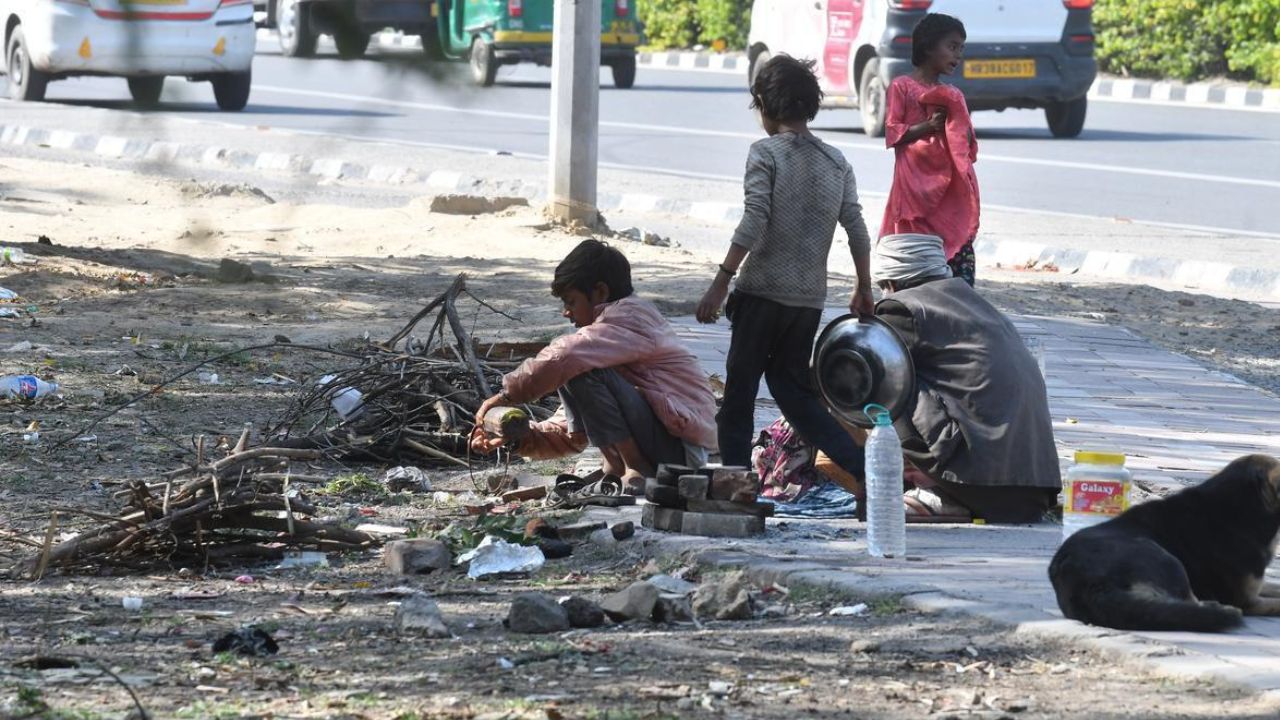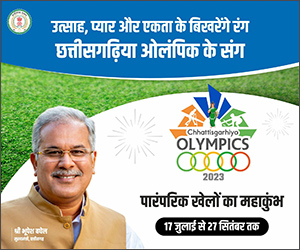Kerala’s Government-Public Partnership: A Blueprint for Eradicating Extreme Poverty

How do you measure a state’s progress? When a government and its people unite to eradicate extreme poverty, setting a precedent for others to follow. Kerala has achieved this feat, becoming the first Indian state to be declared free of extreme poverty. The ‘Extreme Poverty Eradication Project’ (EPEP), launched in 2021, has successfully uplifted thousands, transforming lives and setting a benchmark for inclusive development.
In August 2021, the Left Democratic Front (LDF) government, under Chief Minister Pinarayi Vijayan, launched the Extreme Poverty Eradication Project. Recognizing that extreme poverty encompasses multiple deprivations, food insecurity, inadequate healthcare, lack of housing, and unstable livelihoods, the project aimed to address these issues holistically.
A People-Centric Approach: The Role of Public Participation
Kerala’s strategy to eradicate extreme poverty was grounded in community involvement and decentralized governance. The state’s extensive network of local self-government institutions, including Panchayats and Municipalities, played a pivotal role in identifying and assisting the extremely poor. These bodies conducted comprehensive surveys, identifying 64,006 families as extremely poor, and developed tailored micro-plans to address their specific needs.
Central to this initiative was Kudumbashree, a community-based women’s empowerment program. With over 48 lakh members, Kudumbashree facilitated grassroots mobilization, ensuring that interventions were both inclusive and effective. Additionally, ASHA workers and other community health workers played a crucial role in outreach and data collection, ensuring that no family was left behind.
Monitoring and Transparency: Ensuring Accountability
Recognizing the importance of data in addressing poverty, Kerala integrated technology into its poverty eradication efforts. The state employed digital platforms for data collection and monitoring, ensuring real-time tracking of interventions and outcomes. This approach not only streamlined processes but also enhanced transparency and accountability.
Furthermore, the Kerala Fibre Optic Network (K-FON) project expanded internet connectivity across the state, including remote tribal areas. This digital infrastructure facilitated the delivery of services and benefits, bridging the digital divide and ensuring equitable access to resources.
Kerala’s journey to becoming the first extreme poverty-free state in India is a shining example of what can be achieved when the government and the public work in tandem. This achievement underscores the importance of inclusive policies, active community participation, and transparent governance. As Kerala celebrates this landmark, it offers a blueprint for other regions aspiring to eradicate extreme poverty and achieve sustainable development.
Read Latest News and Breaking News at The Newsman, Browse for more Opinion News



